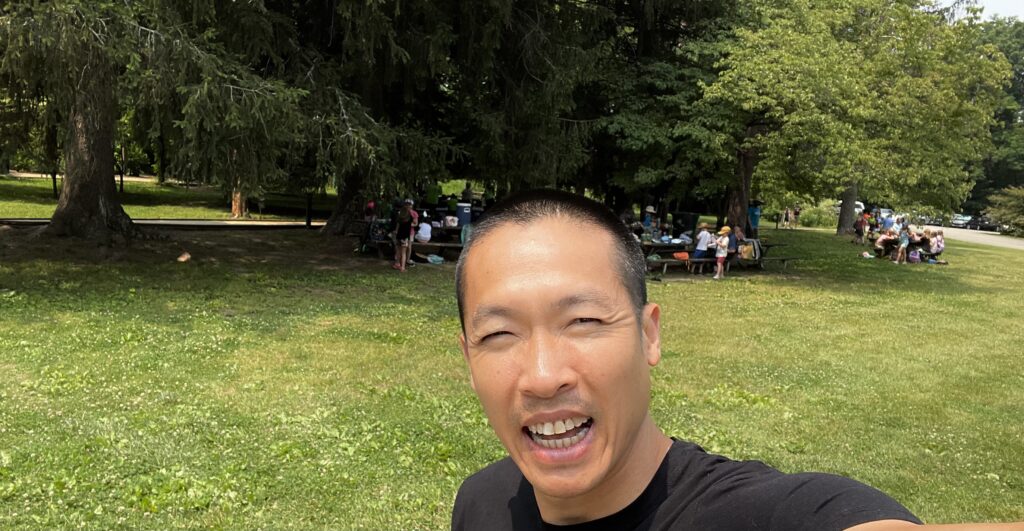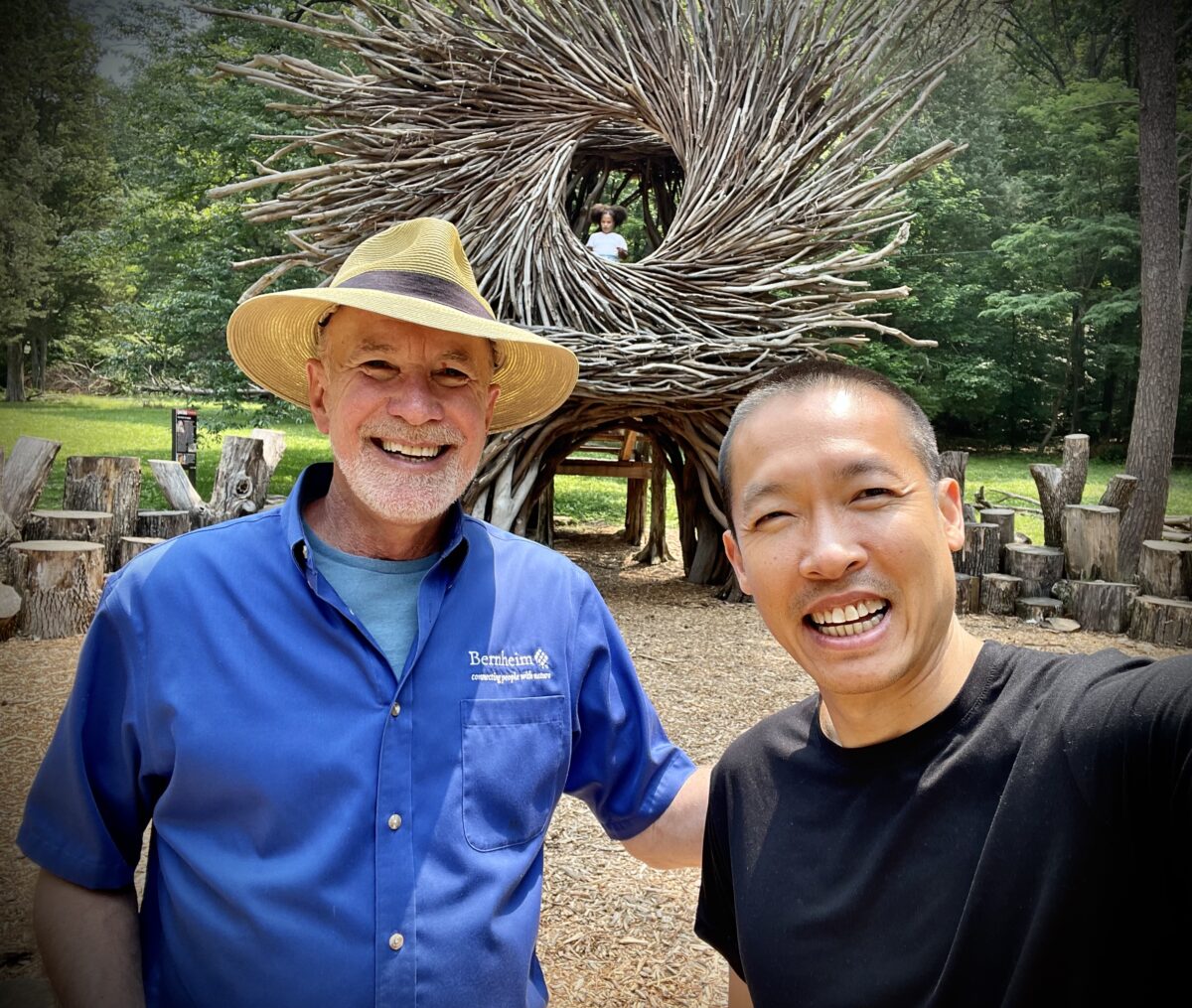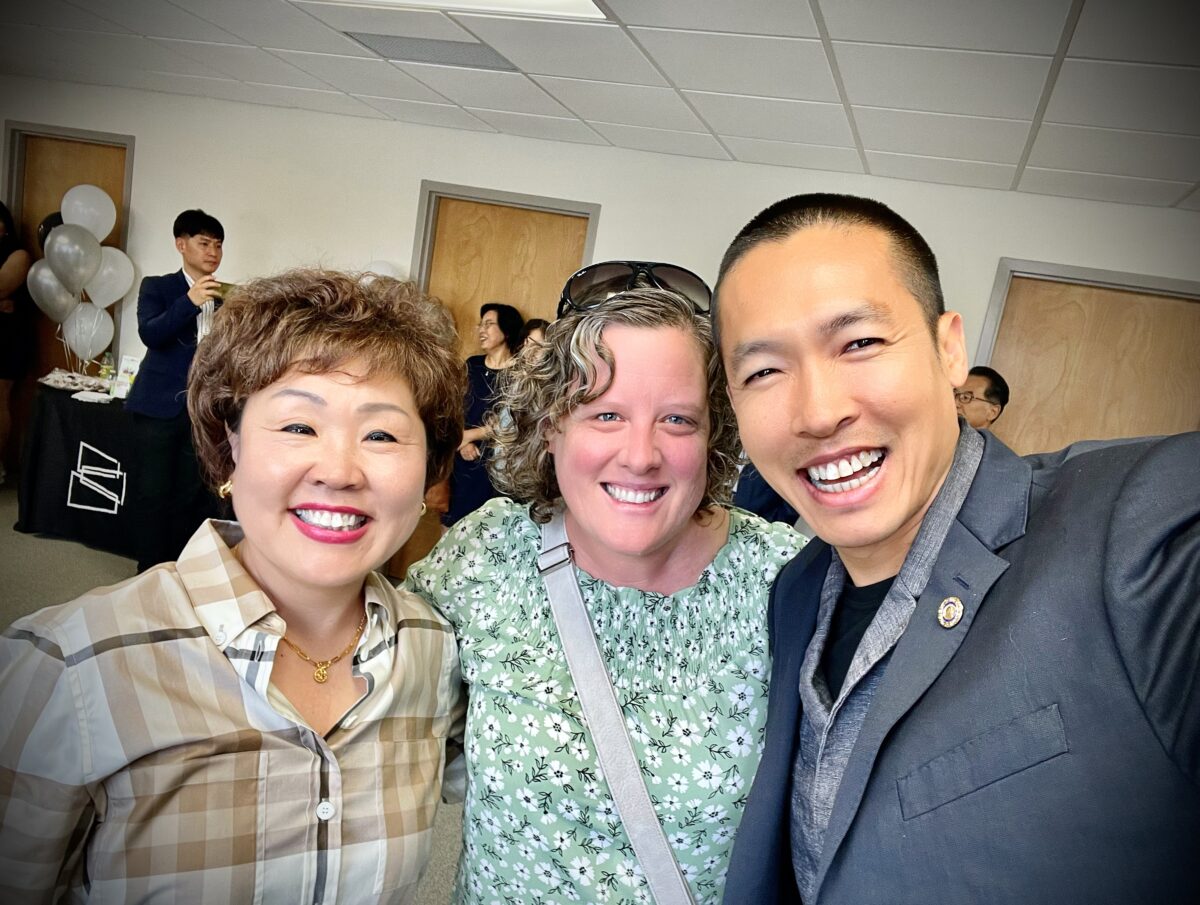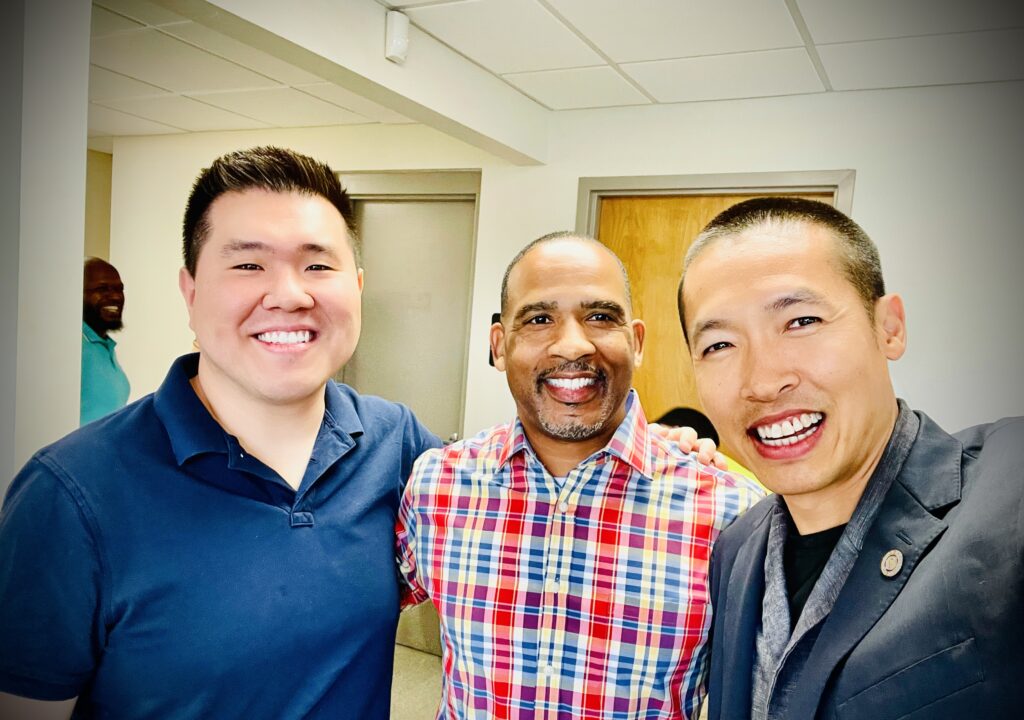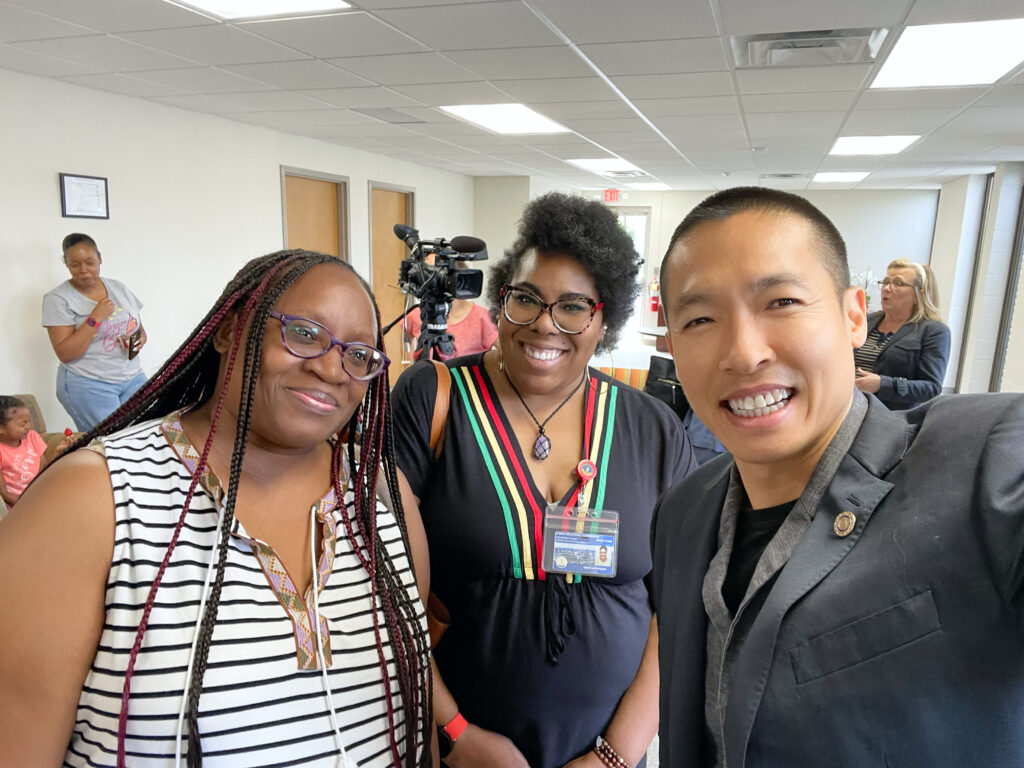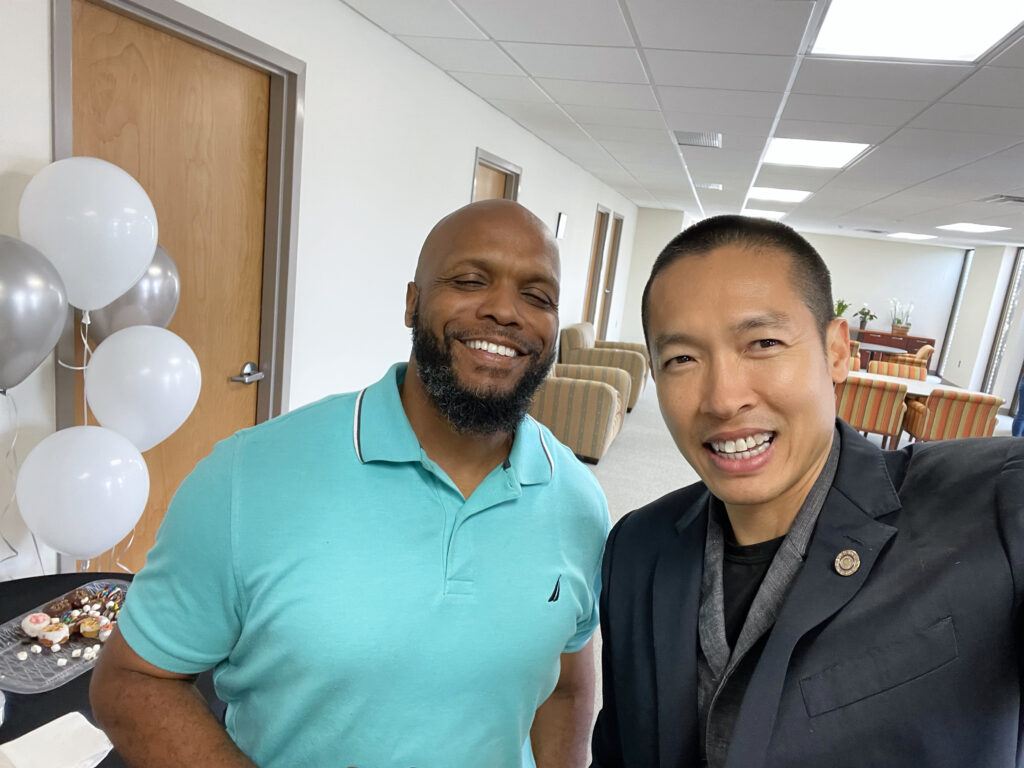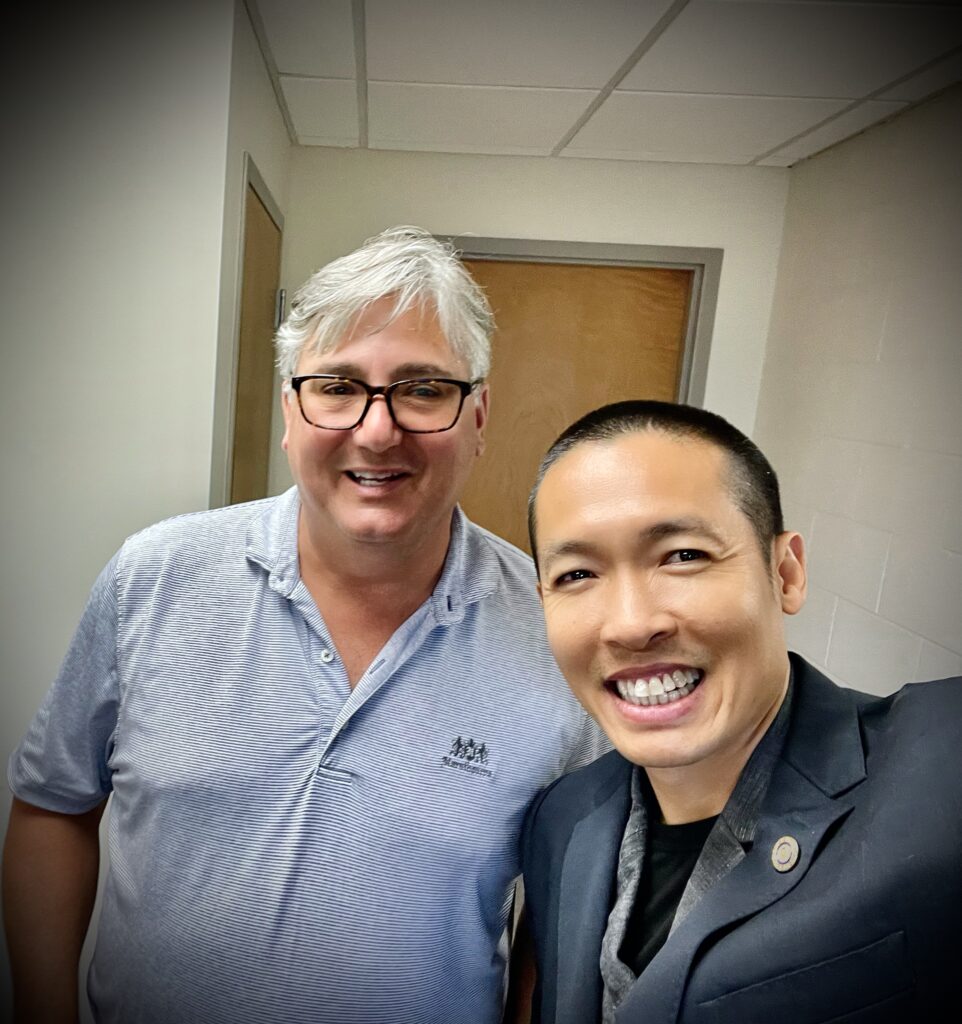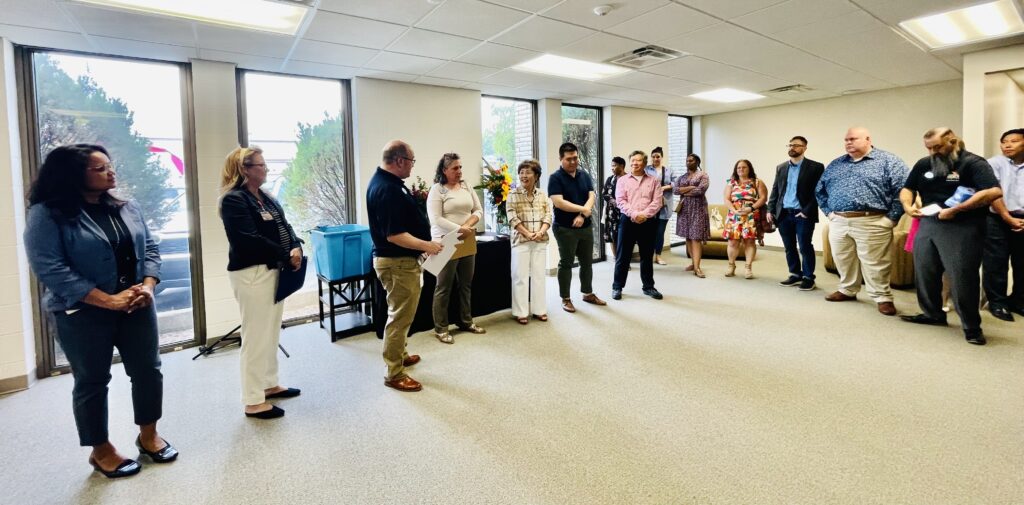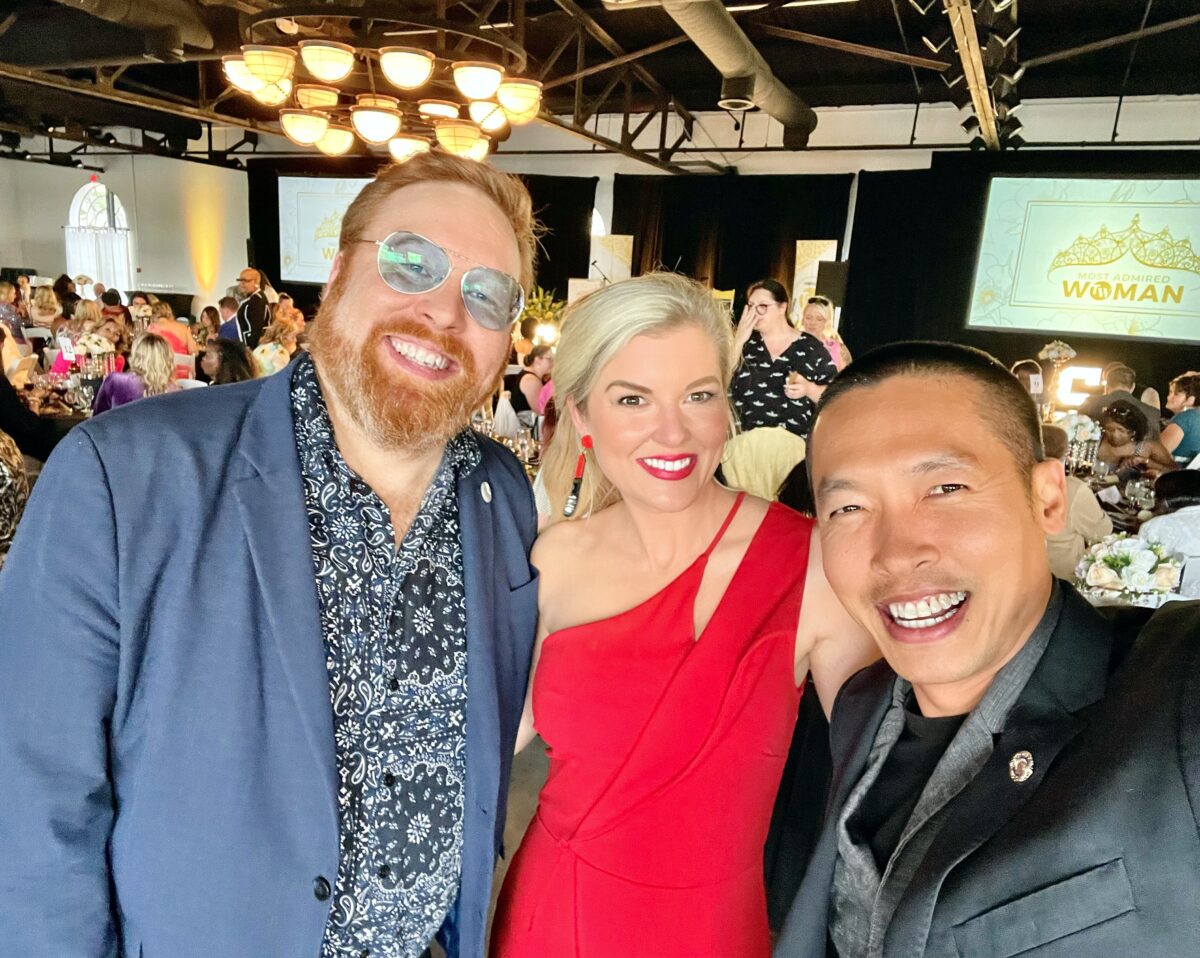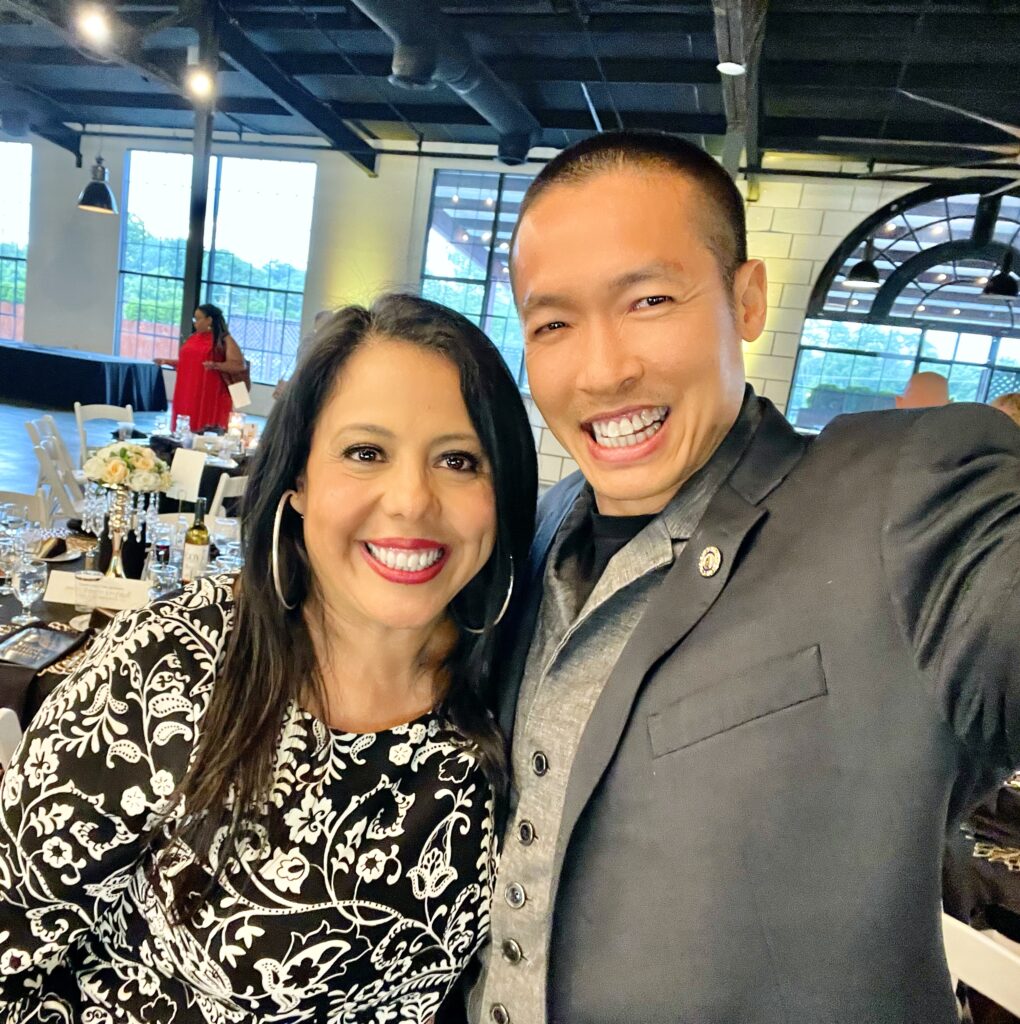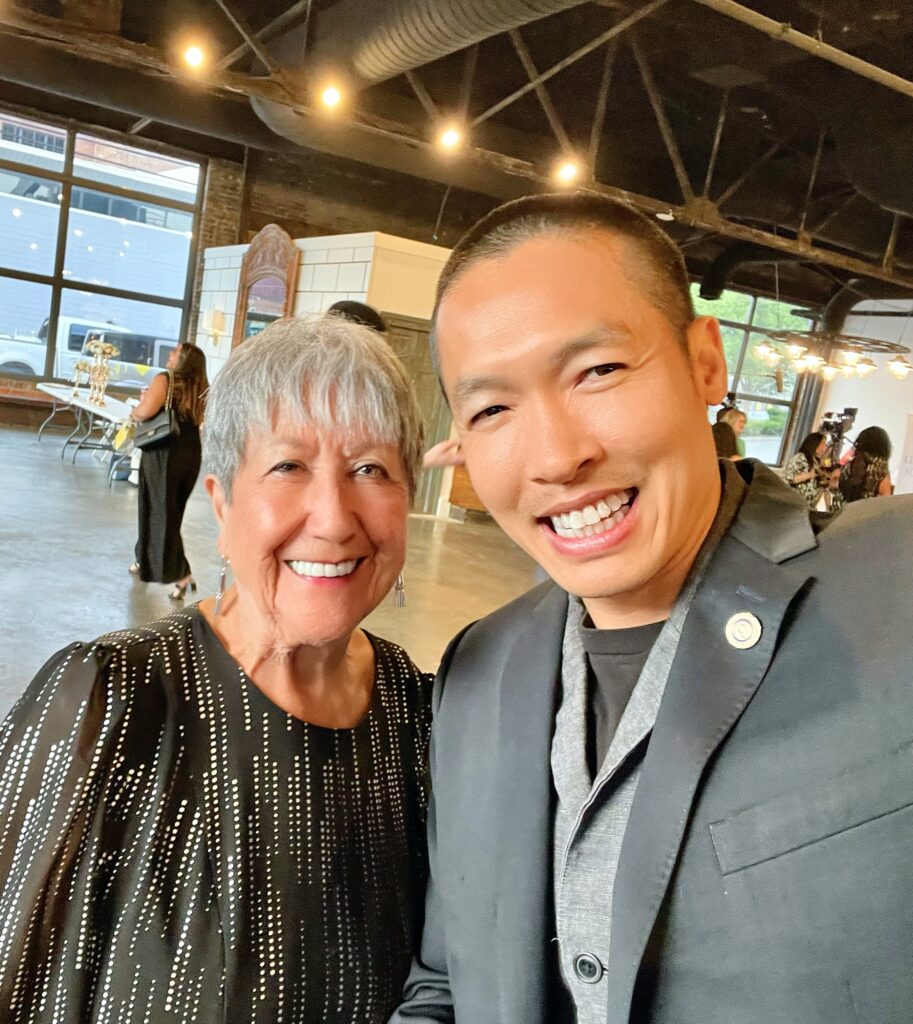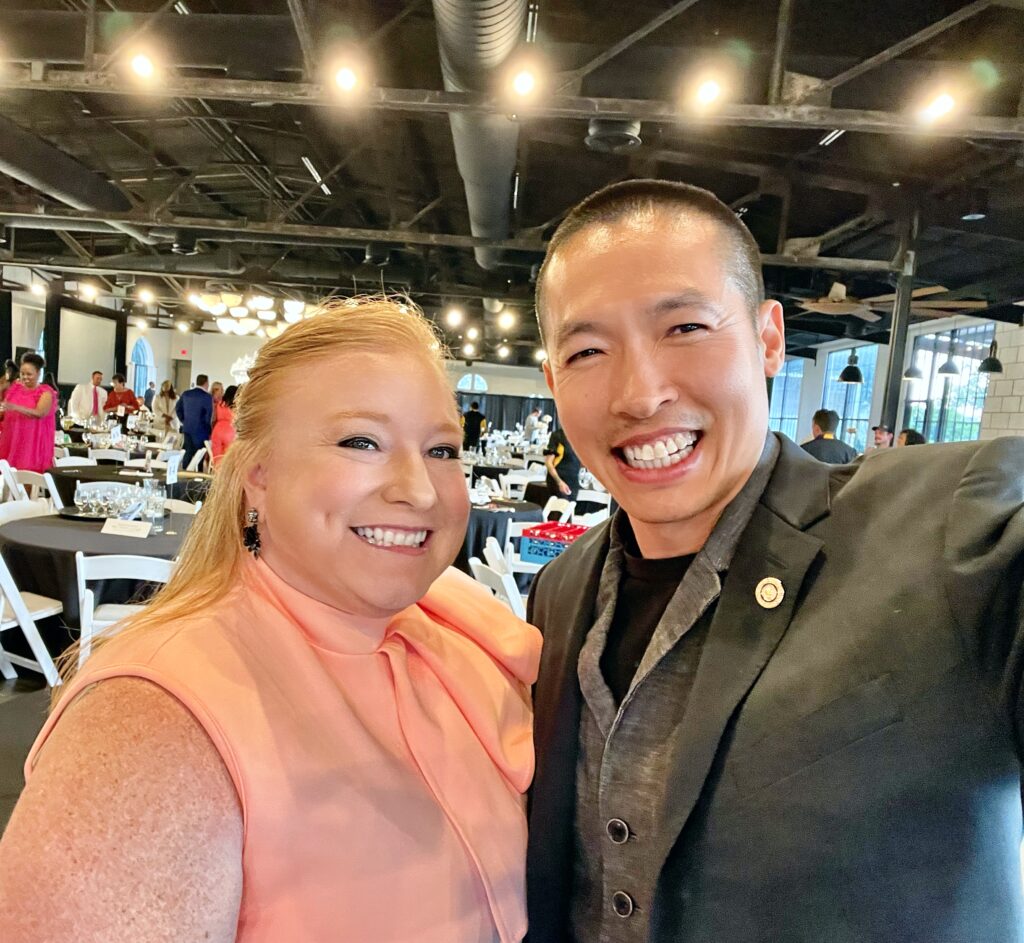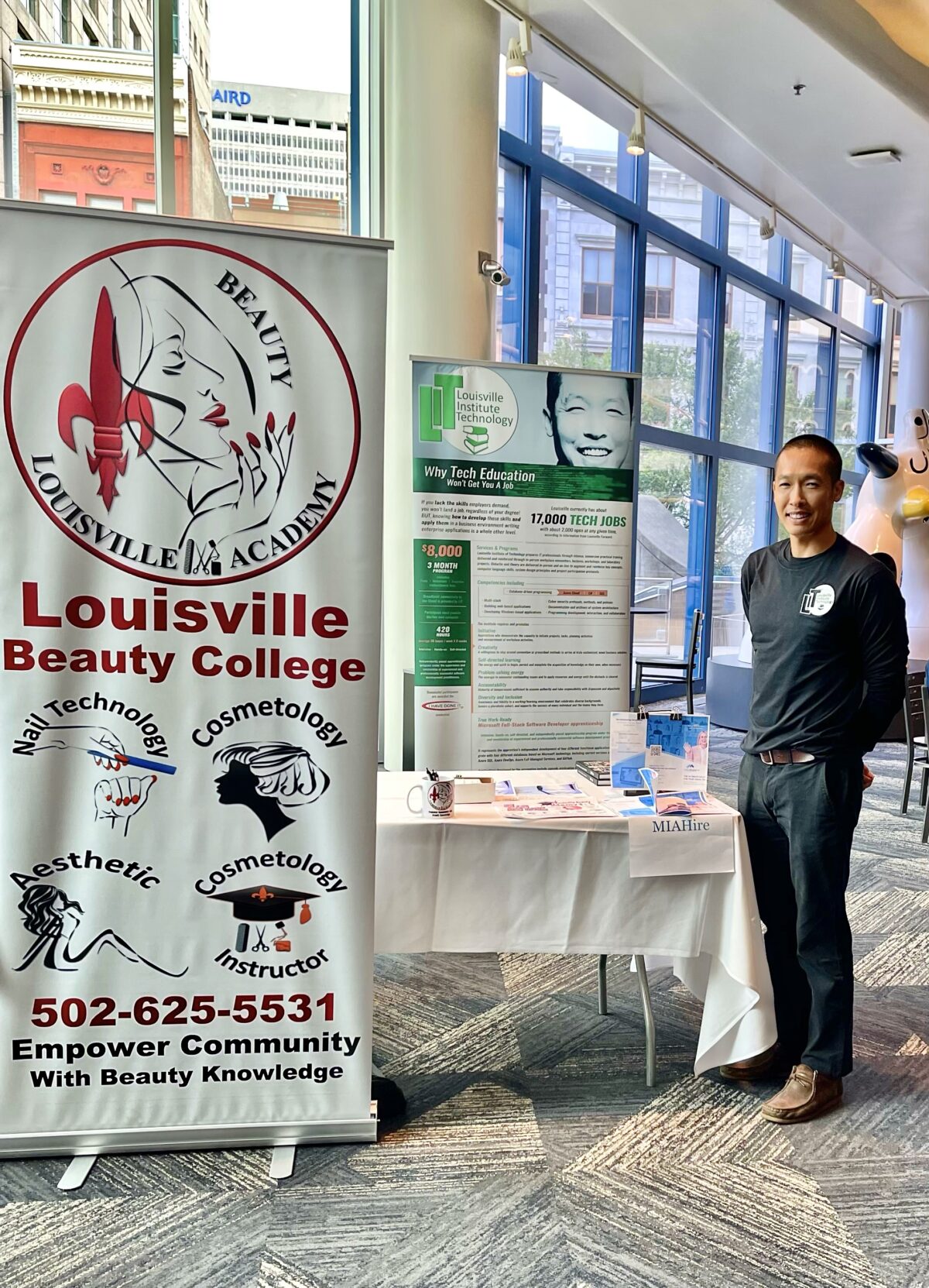Kentucky is known for its scenic beauty and natural wonders, and nestled just a short 30-minute drive from downtown Louisville lies a true gem: the Bernheim Arboretum and Research Forest. This private non-profit park encompasses a vast expanse of breathtaking landscapes, offering a haven for nature enthusiasts and a platform for creative and innovative projects. Recently, Di Tran, CEO of Di Tran Enterprise, had the privilege of visiting this remarkable park and exploring the multitude of business opportunities it presents.
On a beautiful day, June 16th, 2023, Di Tran was warmly welcomed by Mark K Wourms, the CEO of Bernheim Arboretum. As Mark led the tour, it quickly became evident that Bernheim is not just an ordinary park—it is a sanctuary of ideas and a catalyst for positive change. Families strolled through the park, basking in the beauty of their surroundings, while the air buzzed with conversations centered around mental health, nature, plant growth, and the integration of technology for training and learning. One concept that sparked particular interest was the exploration of green energy solutions.
Di Tran, whose businesses in Information Technology, workforce and talent development and placement, and SaaS solutions for hiring and training, align closely with Bernheim’s vision, was captivated by the potential for collaboration. Both Di Tran Enterprise and Bernheim Arboretum share a passion for social and nature causes, making this encounter an exciting meeting of minds.

The visit to Bernheim Arboretum unveiled a wealth of business opportunities, all rooted in the mission of promoting sustainability and environmental well-being. The park’s emphasis on research and conservation provides a fertile ground for collaboration. Di Tran Enterprise’s expertise in workforce development, talent placement, and SaaS solutions like virtual interviews and training platforms can complement Bernheim’s efforts in nurturing a knowledgeable and skilled workforce dedicated to ecological preservation.
Furthermore, the discussion delved into the realm of energy development. Di Tran Enterprise’s exploration of green energy solutions, including the compact energy storage system in partnership with Hyperion, resonated with Bernheim’s commitment to sustainability. The potential to leverage technology and innovation for renewable energy projects within the park holds great promise, paving the way for a greener future.
Beyond the evident business prospects, the meeting between Di Tran and Mark K Wourms was infused with appreciation for Bernheim Arboretum and Research Forest as a place of natural beauty and inspiration. The park not only offers a retreat for individuals and families seeking respite in nature, but it also serves as an incubator for ideas, where creativity and innovation flourish.

As the day drew to a close, Di Tran left Bernheim Arboretum and Research Forest with a deep sense of gratitude and excitement. The meeting had revealed an abundance of opportunities for collaboration between Di Tran Enterprise and the park, aligning their efforts towards social and nature causes. Together, they hold the potential to weave technology, workforce development, and sustainable energy solutions into the fabric of this enchanting landscape, making a lasting impact on both the community and the environment.
In the heart of Kentucky, Bernheim Arboretum and Research Forest stands tall as a testament to the power of nature, innovation, and collaboration. With its vibrant ecosystem of ideas, it is poised to become a catalyst for change, where the realms of business, social causes, and environmental preservation converge.
